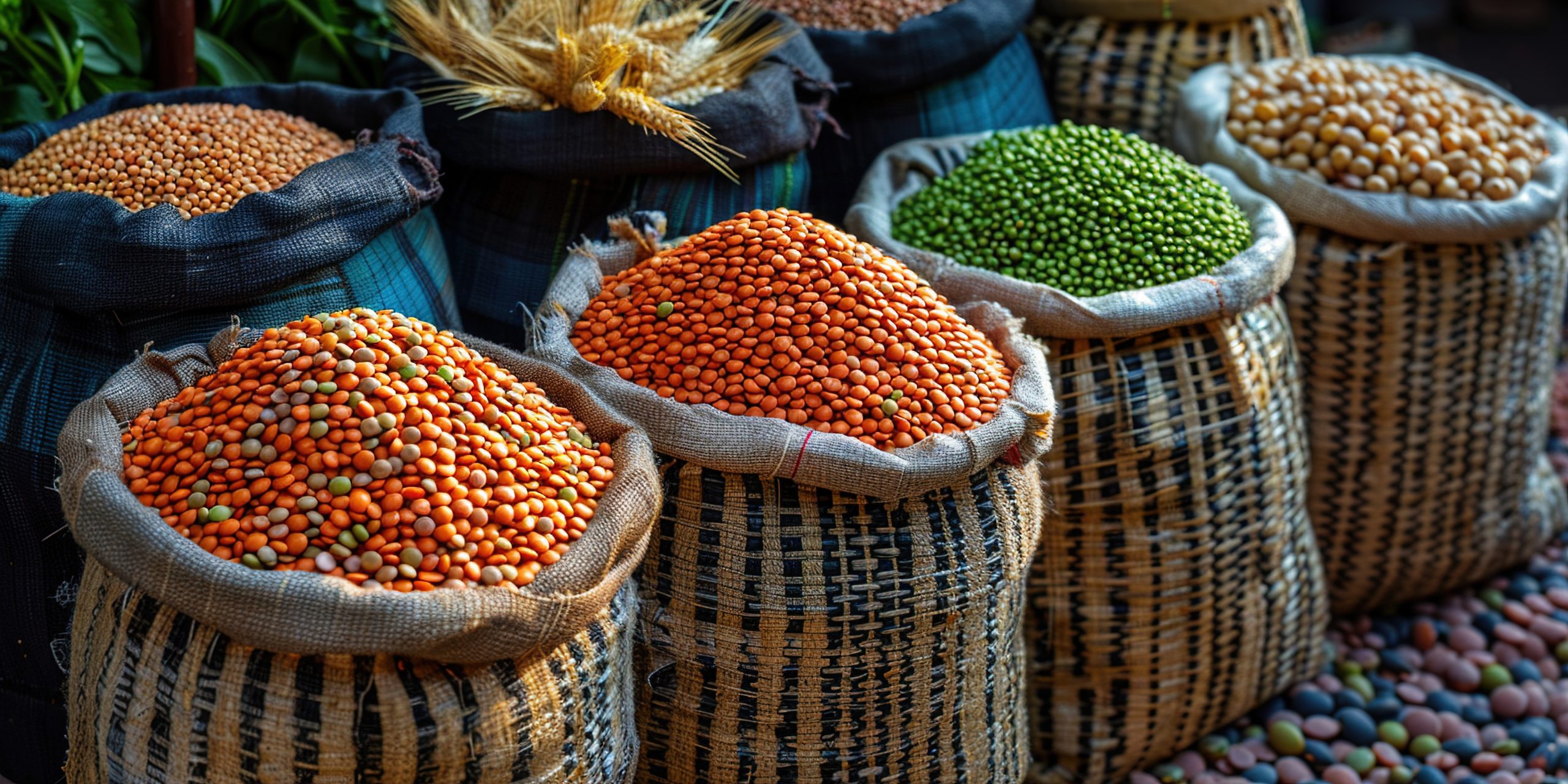Summary
The global pulses market is experiencing a significant downturn, with prices declining across most varieties. Major producers Canada, Australia, and Russia are engaged in intense competition, leading to price reductions of 1-2% for most pulses over the past month. Only mung beans have managed to resist this bearish trend. This comprehensive analysis examines current market dynamics, price movements, and key factors influencing the global pulses trade.
Market Overview
The pulses market is witnessing a notable shift as major producing nations report substantial harvests. Canada and Australia, in particular, have registered impressive production volumes, contributing to the downward pressure on global prices.
Price Trends by Commodity
Black Matpe (Urad)
Despite weather-related challenges and virus impacts on Indian crops, black matpe prices have decreased by 2%. Myanmar's anticipated production of one million tonnes, combined with Brazilian supply pressure, has influenced market sentiment. Current prices:
- Myanmar to India (January delivery): $1,015/tonne (-$10)
- Myanmar to Pakistan: $1,040/tonne (stable)
- Brazil to India (January-February): $1,030/tonne (-$10)
Desi Chickpeas
Prices are trending towards sub-$700 levels, showing a 1% monthly decline:
- Australia to India (January-February): $675/tonne (-$5)
- Russia to Pakistan (January): $780/tonne (+$10)
- Australia to Pakistan: $700/tonne (stable)
Green Lentils
Mixed price movements observed:
- Russia: 3% decrease ($1,040/tonne to Turkey, $1,075/tonne to India)
- Canada: 1% increase ($1,180/tonne to India, $1,200/tonne to Turkey)
Yellow Peas
Intense competition between Canada and Russia:
- Canadian offers to China: $380/tonne
- Russian offers to China: $375/tonne
- Canadian offers to India: $450/tonne
- Russian offers to India: $405/tonne
- Russian offers to Pakistan: $410/tonne
Red Lentils
Price decline of 1-2% observed:
- Canada (stable): $740/tonne (India), $755/tonne (Sri Lanka), $750/tonne (Turkey)
- Russia: $685/tonne to Pakistan (+$5)
- Australia: Reduced prices by $10-20/tonne across markets
- India: $700/tonne (-$10)
- Pakistan: $715/tonne (-$10)
- UAE: $710/tonne (-$20)
Market Analysis
The current market dynamics reflect a classic supply-driven price correction. Abundant harvests from major producing nations have created a competitive environment where suppliers are adjusting prices to maintain market share. This is particularly evident in the strategic price positioning between Canada, Australia, and Russia across different pulses varieties and destinations.
Conclusion
The global pulses market is likely to remain under pressure in the short term due to ample supplies and competitive pricing strategies from major exporters. Traders and importers should carefully monitor supply volumes and price movements across origins to optimize their procurement strategies. The current market conditions present opportunities for buyers to secure favorable terms, while exporters may need to focus on operational efficiency to maintain profitability in this competitive environment.
